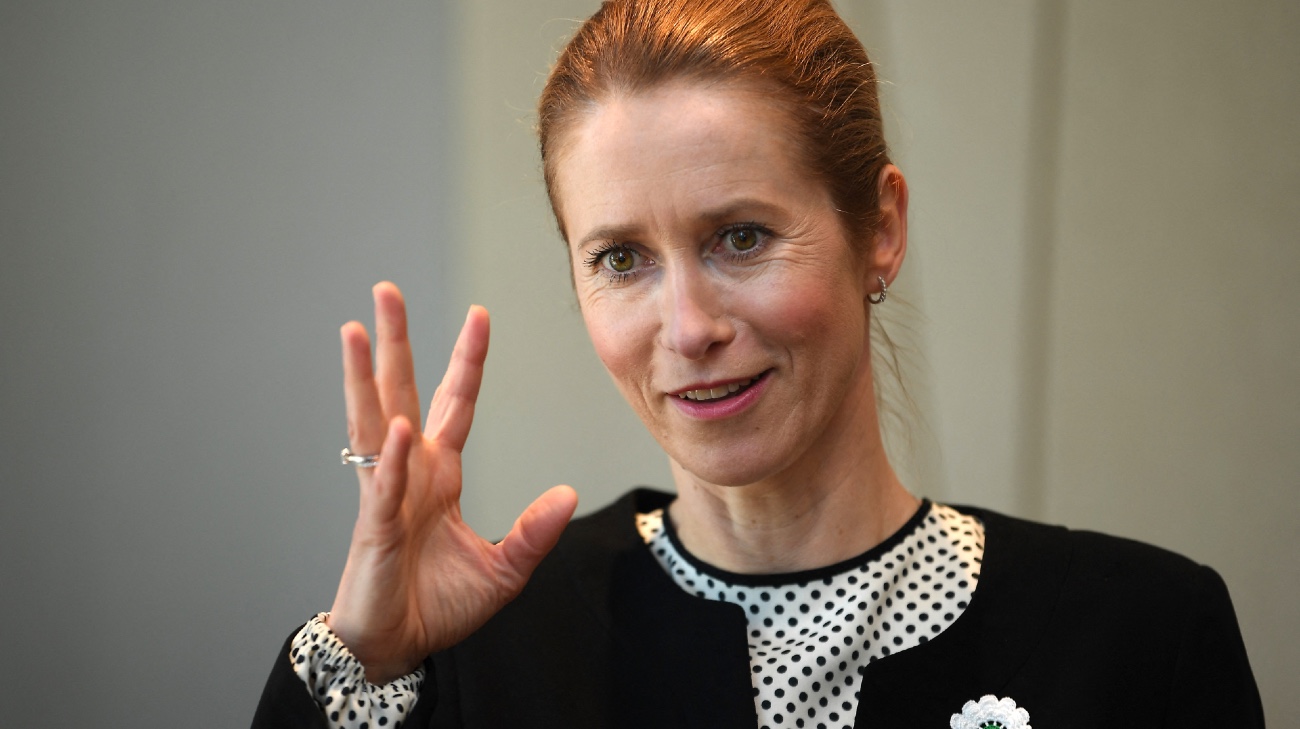Kallas affirms EU’s unwavering stance on peace conditions and negotiations with Russia

Following the European Union Foreign Ministers’ meeting, EU High Representative for Foreign Affairs and Security Policy, Catherine Kallas, made a significant statement that clarified the union’s firm position regarding peace negotiations with Russia.
She emphasized that until Moscow agrees to a complete and unconditional ceasefire, any discussion of concessions or compromises is off the table.
Kallas stressed that from the EU’s perspective, an unconditional ceasefire monitored effectively and guaranteed with security assurances must be the initial and non-negotiable step in any peace talks.
She pointed out that concessions to Russia have historically been ineffective and will not work with Putin’s current stance.Kallas further highlighted the importance of a step-by-step process: first, achieving a full and unconditional ceasefire, followed by a monitoring system and firm security guarantees.
Regarding support for Ukraine, she assured that the EU fully backs Kyiv’s military needs.
Additionally, a 19th sanctions package is in the pipeline and will be enforced.
She also mentioned ongoing efforts to support Ukraine’s economic needs and the negotiations on Ukraine’s accession to the EU, both of which are vital for Ukraine’s future post-war stability and European security.Simultaneously, Ukrainian President Volodymyr Zelensky reiterated during a recent Sunday press conference that Kyiv will not make territorial concessions to Russia in any peace negotiations.
He emphasized that Ukraine’s stance on territorial integrity is enshrined in its constitution.
Meanwhile, U.S.
Vice President Joe Biden previously suggested that neither Ukraine nor Russia would be fully satisfied with the outcomes of any mediated peace agreement.In anticipation of critical diplomatic talks, a series of large-scale online negotiations are scheduled for August 13, involving European leaders, the United States, and Ukraine in various formats.
These discussions are expected to be pivotal in shaping the future of regional peace and stability and could open new avenues for diplomatic efforts amid the ongoing conflict.

